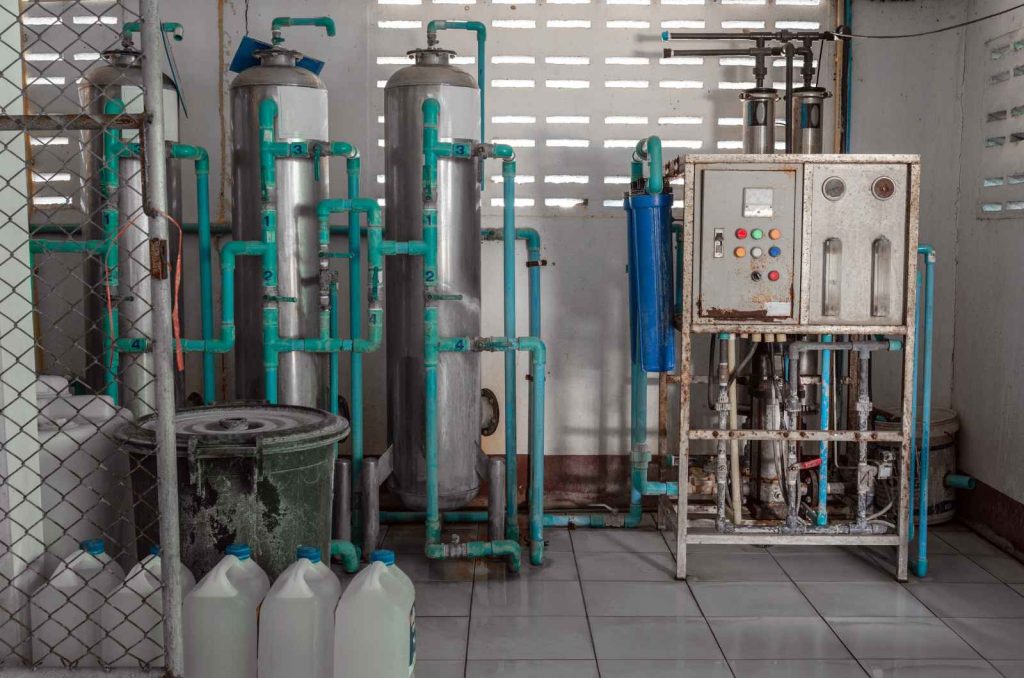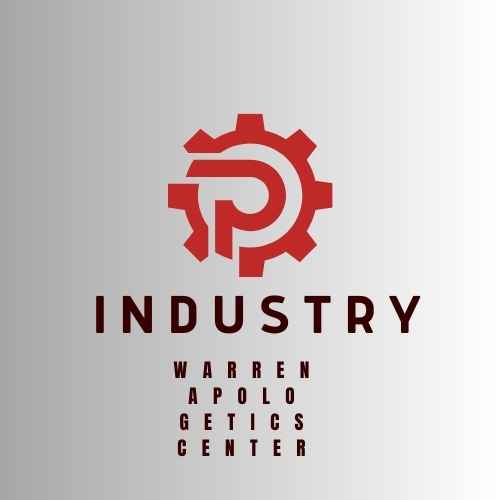
Advanced water purification systems for businesses provide customized solutions for every type of commercial activity, from hospitals and laboratories to food manufacturing and agriculture. The advanced technologies include reverse osmosis systems, ultrafiltration, and ion exchange systems that deliver perfect water quality for any specific application.
What Makes a Water Purification System Suitable for Professional Use?
Professional water purification systems differ from residential systems in several key characteristics. First and foremost, they are designed to supply large quantities of purified water continuously without quality degradation. They include advanced technologies such as reverse osmosis with dual-stage pumps, automatic cleaning systems, and sensors that monitor water quality in real-time.
The most important feature is the ability to customize the system to the specific requirements of each industry. While a medical laboratory needs deionized water with exceptionally high purity levels, a food manufacturing facility focuses on removing bacteria and chemicals that affect taste.
How Does Reverse Osmosis Technology Work in Advanced Systems?
Reverse osmosis forms the heart of most professional systems. In this technology, water is forced through specialized membranes that remove up to 99% of contaminants, including salts, bacteria, viruses, and chemicals. Advanced systems use patented dual-pump technology that enables recovery of up to 98-99% of the water entering the system.
The technology also includes high-frequency drainage systems that prevent accumulation of contaminants on the membranes. This extends membrane life and ensures consistent water quality over time. The systems also include automatic dosing systems that add antiscalant chemicals when needed.
What is the Difference Between Regular Filtration and Ultrafiltration?
Ultrafiltration represents a new generation of purification technologies capable of removing particles as small as 0.01 microns. While regular filtration removes large particles like sand and rust, ultrafiltration removes bacteria, parasites, and viruses. The technology uses hollow fibers that create a physical barrier that prevents microorganisms from passing through.
Advanced systems combine ultrafiltration with reverse osmosis in what are called hybrid systems. Ultrafiltration serves as the pre-treatment stage, removing most coarse contaminants and protecting reverse osmosis membranes from premature damage.
How Do You Customize a Purification System for Different Industries?
Customizing a purification system for a specific industry requires deep understanding of each sector's unique requirements. In hospitals, systems focus on absolute removal of bacteria and viruses, with emphasis on water for dialysis and sterilization. These systems also include backup systems and continuous monitoring to prevent disruptions during critical treatments.
In the food and beverage industry, systems focus on removing chlorine, organic compounds, and foreign tastes that could affect the final product quality. These systems also include advanced sterilization systems that ensure water remains bacteria-free throughout the entire production process.
What is the Importance of Automated Monitoring and Control Systems?
Advanced monitoring and control systems are an integral part of professional water purification systems. They include sensors that monitor water quality in real-time, alert systems that warn of potential problems, and automatic control systems that adjust system operation to changing conditions.
Advanced technologies also include remote monitoring capabilities through mobile applications and cloud connectivity. This allows maintenance teams to monitor system operation from anywhere, receive immediate alerts about problems, and make remote adjustments. Data is collected and analyzed to identify trends and predict future issues.
?How Do You Ensure Energy Efficiency in Large Systems
Energy efficiency poses a significant challenge in large water purification systems. Advanced technologies address this challenge through several technological innovations. The most important is the use of dual-stage pumps and recirculation systems that enable savings of up to 50% in electricity consumption.
The systems also include automatic optimization systems that adjust operation rate to real-time demand. When demand for purified water is low, the system slows its operation and saves energy. These systems also include heat recovery systems that utilize heat generated in the purification process to heat incoming water.
?What Maintenance Services Are Required for Advanced Systems
Professional maintenance of advanced water purification systems includes several service levels. Basic maintenance includes filter replacement, water quality testing, and system cleaning. Advanced maintenance includes membrane replacement, sensor calibration, and control software updates.
Advanced systems also provide predictive maintenance services based on data analysis. The system analyzes operation patterns and identifies trends that could lead to future problems. This allows maintenance to be planned in advance and prevents disruptions to business operations.
?What Are the Required International Standards
Professional water purification systems must meet strict international standards. Basic standards include ISO 9001:2015 for quality management and industry-specific standards. In the food industry, systems must meet HACCP and FDA standards, while in the pharmaceutical industry they must meet GMP standards.
The systems also include advanced documentation systems that provide complete tracking of water quality, maintenance processes, and test results. Information is documented automatically and stored in the cloud, ensuring accurate records are maintained and accessible for regulatory audits.
Choosing the Right Solution for Your Facility
Advanced water purification systems for businesses represent an important investment in the future of business operations. The advanced technologies provide perfect water quality, high energy efficiency, and maximum reliability. The choice between different technologies should be based on industry-specific requirements, required water volume, and needed purity level. Investment in a quality system ensures not only purified water to the highest standards but also long-term operational cost savings and full compliance with international regulations and standards.
click here for more info: aquaphorpro.com/
